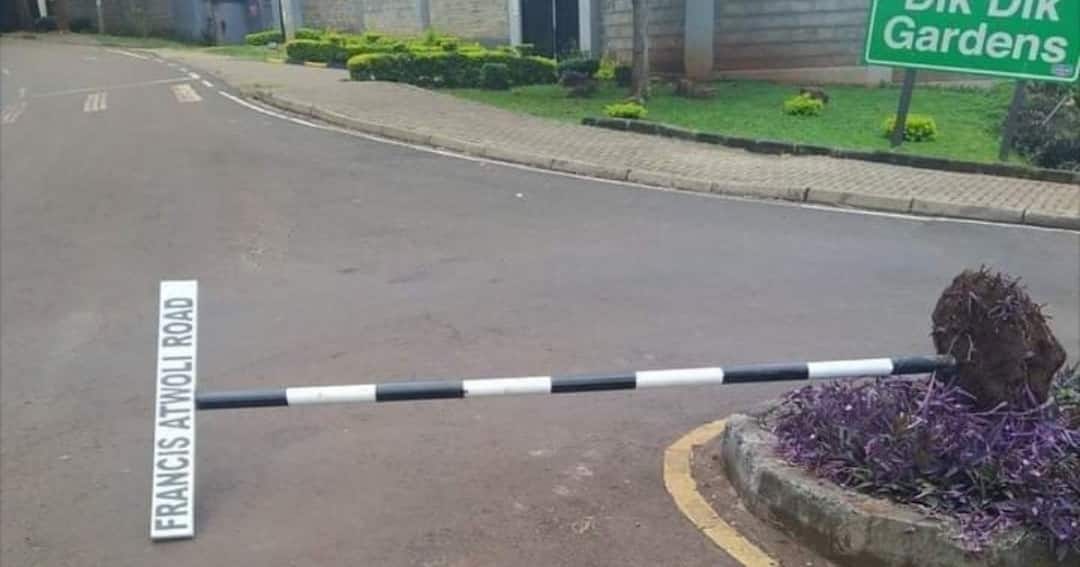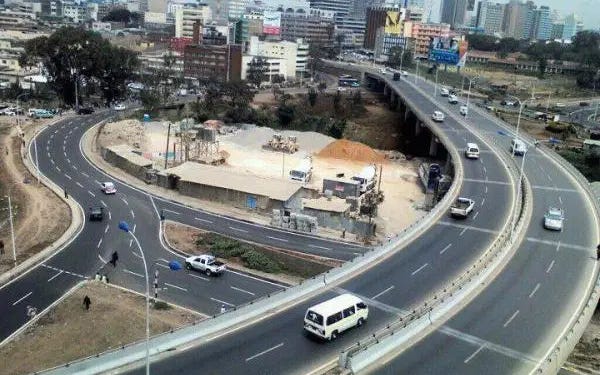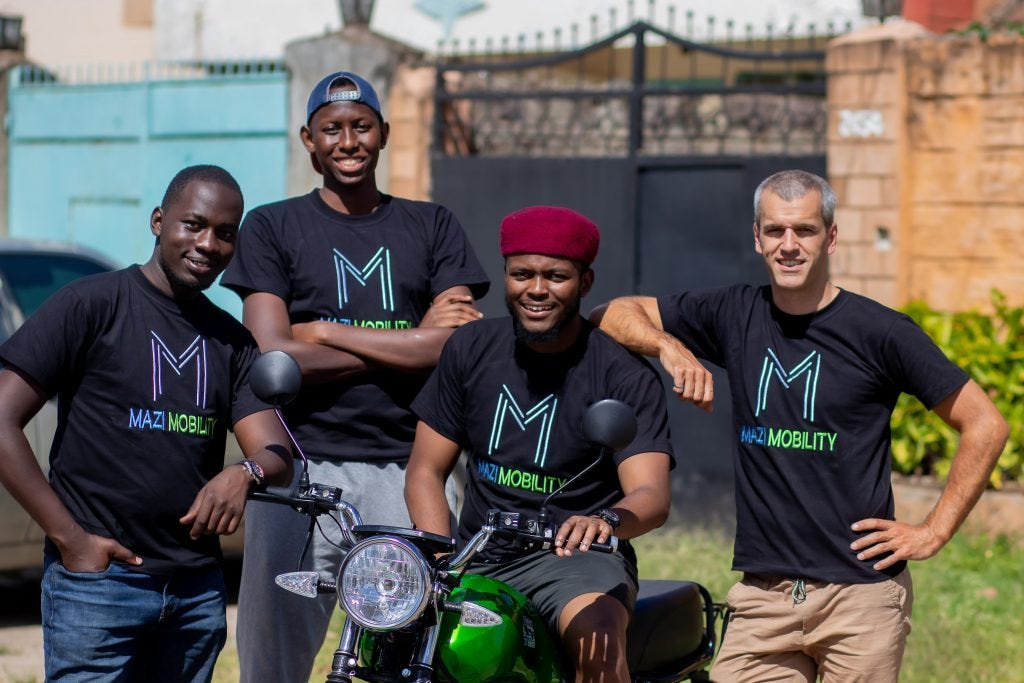Good morning,
know what June 14th means? It is exactly 200 days before the end of 2021.
ArdhiSasa : Digitised Land record system
On the 27th of April this year, the president launched an online land records system, ArdhiSasa. The launch signified an end to manual land transactions. Ardhisasa is currently operational in Nairobi. The system is expected to be fully operational in all parts of the country by December 2022.
The services offered on the platform include Land registration, Land administration, Physical planning, Survey and mapping, valuation, Adjudication and Settlement.
The online system aims to curb Fraud in land dealings, simplify land transaction services, provide uniformity in land documents and provide easy access to information on land data bases.
BUDGET READING WEEK
On Thursday last week, Cabinet Secretary Ukur Yatani read the Ksh 3.6 trillion budget for the year 2021/2022. Don’t worry, I will not reiterate the details of the budget. However, here are some interesting highlights from the budget reading.
At this time next year, I will ask the question “Did the fund allocation reflect the work done?’
Sadly I think I might already have my answer
Below are the budget highlights:
Ksh23.1 billion set aside to cushion the vulnerable during the Covid-19 pandemic.
as part of the above allocation, Sh1.2 billion for recruiting health workers.
Ksh 38 billion was allocated for water and sewage infrastructure.
KSh14.3 billion for the purchase of Covid-19 vaccines.
KSh142.1 billion for the Big Four Agenda (health, food security, affordable housing and manufacturing).
The 3.6 Trillion budget will lead to new tax measures (if the Finance bill currently in parliament passes). The tax hit list is as follows
Supply of ordinary bread to attract 16% VAT
LPG gas to attract 16% VAT
20% excise tax on betting
Excise duty of 15% on motorbikes priced above ksh 79,000
Nicotine products and substitutes taxed at ksh 5000 per kilogram
Excise duty of 10% for Jewellery.
Capital Markets
Central Bank of Kenya proposes a vetting tool for digital lenders
The key purpose of the CBK (Amendment) Bill 2021 is to curb the steep digital lending rates that have plunged many Kenyan borrowers into debt. Kenya has seen the rise of digital credit providers such as TALA and Branch.
Moreover, CBK aims to eliminate rogue digital credit providers who engage in unethical practices such as money laundering, shaming of borrowers who default on loan repayment and the illegal collection of user’s data.
The banking regulator will be expected to determine:
a) Minimum liquidity for digital lenders and
(b) The capital requirements for digital credit providers.
The conditions set for digital credit providers will be similar to those set for operating a bank in Kenya.
Weird Job description ? Why the ICT Cabinet Secretary may have powers to name Streets
The picture above is more than 1000 words. It is the catalyst for a new law on street naming and house numbering in Kenya.
(Backstory) About two weeks ago, The Nairobi County government unveiled ‘Francis Atwoli road’ in Kileleshwa. The announcement caused an uproar on social media and after a few hours, the road sign had been vandalised by unknown persons. The sign was soon re-erected and videos on social media revealed that three guards had been stationed at the road sign by Mr. Francis Atwoli to protect it.
Perhaps the more relevant issue concerning street naming is that if parliament passes the National Addressing Bill of 2021, then the Cabinet secretary in charge of ICT willl have the power to name streets and house numbers. Street naming and house numbering is problematic in Kenya due to poor urban planning. The aim of the bill is to streamline naming of streets to improve e-commerce delivery services, ambulance and emergency services.
CYBER SECURITY
Hackers Infiltrate the Nairobi Metropolitan Service system for Construction permits.
Last week, a group of hackers infiltrated the NMS system and issued illegal construction approvals for several buildings. This led to the suspension of the system. The system breach was discovered after some residents of Muthaiga North raised concerns on approvals for buildings that contravened the zoning regulations.
TRANSPORT
Government’s efforts to remove matatu’s from the CBD
Last year, the government had made plans to purchase land around Globe roundabout to create space for a bus terminus. Valuation by the Nairobi Metropolitan Services in collaboration with the ministry of lands reveal that the County will pay billions of shillings to purchase the land around the Globe roundabout.
Bolt Unveils electric motorcycles in Kenya
Kenya is the first African country where Bolt has launched electric motorcycle services. The use of electric motorcycles is expected to eliminate the burden of increasing fuel prices. At the moment, only Bolt Food couriers will use these bicycles.
In this week’s Start up focus, we look into Mazi Mobility, a Kenyan Start up that also provides electric vehicle services.
Other ConversationStarters
Kenya’s domestic debt rose to a record high of KSh3.67 trillion on 28th May 2021 from KSh3.63 trillion on 30th April 2021 as per the Central Bank of Kenya report.
The Nairobi -Nakuru - Mau Summit highway is set to begin in September this year. The road is a public-private partnership and will be undertaken by the Rift Valley Connect consortium. The contractor is set to recover the investment from motorists in terms of user fees for a period of 30 years.
StanChart Bank Kenya(SCBK) has joined other lenders in offering a Mobile Loan App that allows customers to access personal loans.
US president Joe Biden has dispatched troops to Kenya to boost regional security in war against Al-shabaab.
Startup Focus: Mazi Mobility
Mazi Mobility is a Kenyan Mobility as a service company that aims to redefine mobility in Africa through the implementation of an electric vehicle ecosystem. Mazi Mobility is using electric motorcycles, “bodas”, to accelerate the transition to efficient, affordable and clean transport in Africa.
Mazi Mobility has introduced battery swapping stations that will provide on-demand energy for ‘bodas’ hence reduce transportation costs.









